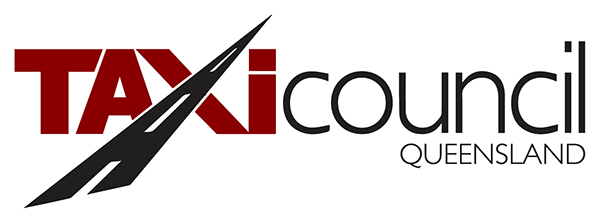13/03/2019
An independent umpire created to deal with complaints about ride-sharing and taxis will not have any real powers, the Taxi Council of Queensland says.
Last month, Transport Minister Mark Bailey introduced a bill to create a personalised transport ombudsman, which is the latest reform in the sector, following changes including an annual licence for ride-sharing drivers, the requirement to display signs and compensation for taxi licence owners.
The ombudsman will be designed to hear complaints from passengers, drivers and operators, including about dirty vehicles or a driver’s working conditions.
But Taxi Council of Queensland chief executive Blair Davies warned the ombudsman may become a “toothless tiger” and its powers should be expanded.
Mr Davies said the ombudsman would not be able to handle complaints associated with breaches of legislation or regulation and so would be unable to help with accusations about the illegal activities of drivers or overcharging, which would remain with Transport and Main Roads.
“The PT ombudsman will not have any real power to compel parties to a dispute to do anything, other than to supply information and attend meetings which presents as potentially challenging, if not unduly limiting,” he said, in a submission to a parliamentary committee considering the bill.
Mr Davies said members had reported “unchecked numbers of booked-hire drivers brazenly touting for work, performing cash jobs … and illegally parking in taxi zones and no-stopping zones”, and those issues would not be able to be referred to the ombudsman.
Transport Workers Union Queensland secretary Peter Biagini said the union did not support the ombudsman, arguing it did not have powers to arbitrate disputes.
“Large multinational companies such as UberX and other local taxi entities are unlikely to make bone fide offers to settle matters if the PTO can be safely ignored once conciliation is over,” he said.
Mr Biagini also criticised the fact any union official, peak council representative or advocacy member involved in personalised transport in the past five years would be ineligible to be appointed as the ombudsman.
“[It] is clearly directed at preventing the appointment of ‘outsiders’ from the public service,” he said.
The Ride Share Drivers’ Association of Australia said the ombudsman should have the powers to fine people and cancel licences.
“The ombudsman will have no real powers to compel parties to be bound by any results,” the body’s submission read.
The Limousine Action Group Queensland suggested a job ad for the position could read: “Amazing opportunity to join the Qld public service. High paid job with all the perks, you must have NO recent industry experience (it’s legislation), you have full autonomy and great power, you’ll primarily be investigating price surging or dirty cabs.”
However, Mr Bailey said the industry reforms would ensure Queenslanders had access to safe, affordable, accountable transport.
“An ombudsman will be an independent and impartial umpire, not just for operators and drivers, but for their customers too,” he said.
“Regulatory and legislative issues are dealt with by TMR and workers conditions by the Office of Industrial Relations so these laws do not support the ombudsman performing duties that are already performed by existing agencies or bodies.
“The industry is going through major disruption but it is not the role of the ombudsman to consider or adjudicate on larger discussions around government policy, financial support or legal matters.”
